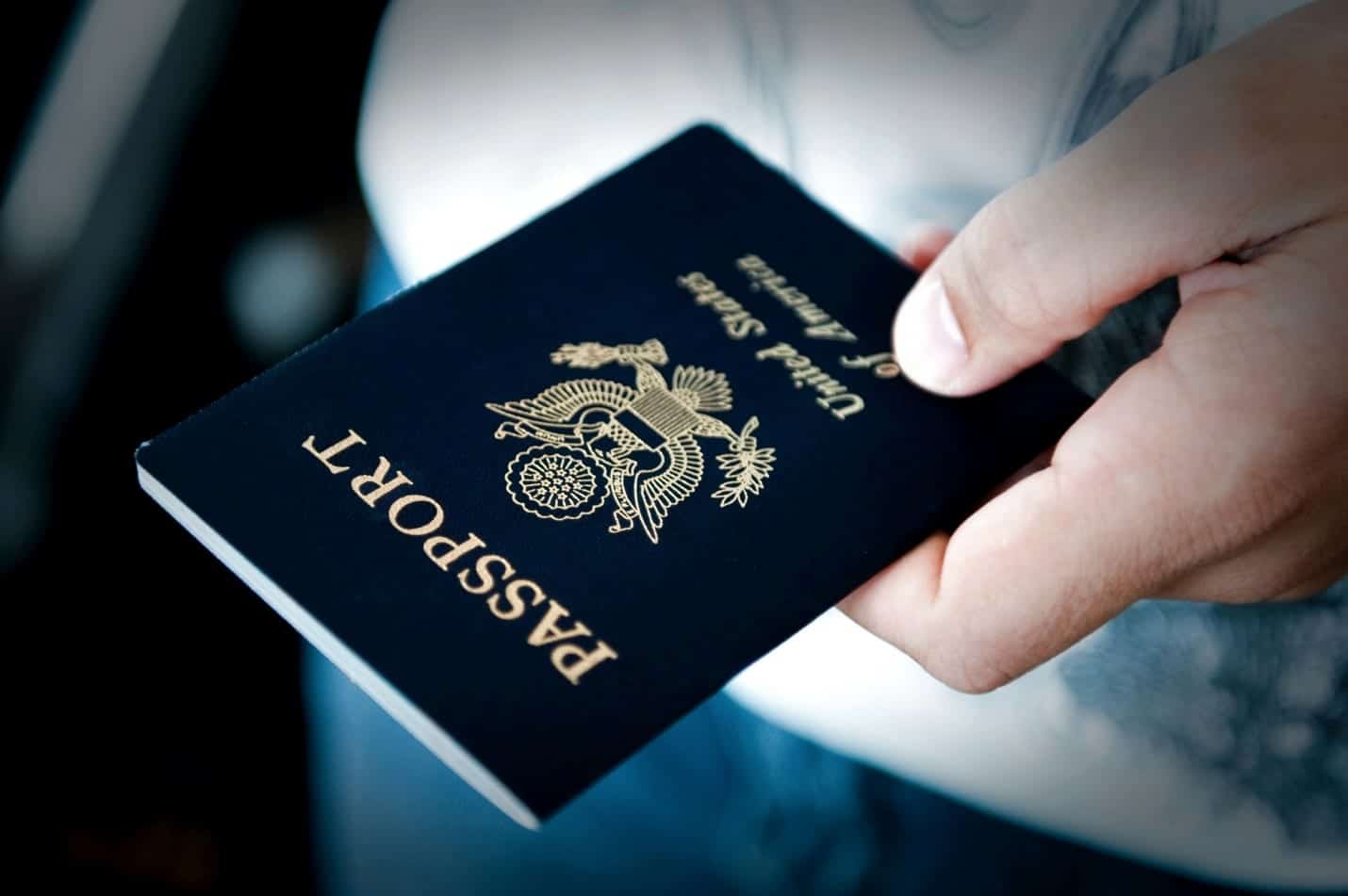
The federal Megan’s Law was passed by Congress in 1996. It was named after a seven-year Megan Kanka who accepted an invitation from a Hamilton Township, New Jersey neighbor to see his puppy but was raped and murdered instead. That was in 1994. The State of New Jersey adopted the original version of Megan’s Law before Congress enacted the federal version—the latter requiring all 50 states to provide the public with information about known convicted sex offenders when it necessary for public safety but it did not mandate notification or registration.
All 50 states crafted some form of the Megan’s Law requiring sex offender registration and notification but these laws lacked uniformity and were loosely regulated. Notification and sex offender registration did not become uniform and mandatory nationwide until 2006 when Congress enacted the Adam Walsh Child Protection Safety Act.
Megan’s Law went international in 2015 when Congress enacted the International Megan’s Law to Prevent Demand for Child Sex Trafficking. This version of the law was signed into effect this past February by President Obama. The new law requires the State Department to place a “unique identifier” on the passports of convicted child sex offenders and demands that such offenders notify law enforcement at least 21 days before traveling abroad.
The basic purpose of the law is to give other countries prior notice when American convicted child sex offenders are about to travel to their countries. In effect, it is a “scarlet letter” for anyone convicted of a child sex offense, even though the offense may have been committed when the person was a minor and/or involved a non-pedophilia act such as “sexting.”
On February 8, 2016, the day after the president signed the bill sponsored by Rep. Chris Smith (R-N.J.) into law, a lawsuit was filed challenging it on First Amendment grounds.
Filed in the U.S. District Court in Oakland, California, the lawsuit charges that the First Amendment limits what the Government can compel people to do. The plaintiffs in the lawsuit have asked Judge Phyllis J. Hamilton to stay the implementation of the law until the merits of their legal challenge have been decided.
In 2007, the U.S. Immigration and Customs Enforcement’s Homeland Security Investigation unit created Operation Angel Watch, an intelligence-driven program that targets convicted sex offenders traveling abroad who might be likely to engage in child sex tourism.
In 2014, Congress authorized ICE to create an Angel Watch Center. Managed by the agency’s Cyber Crimes Center, the Angel Watch Center allows the agency to partner with international law enforcement agencies to monitor convicted child sex offenders traveling abroad.
The international Megan’s Law enhances the authority of the Center to receive information from other countries about potential convicted child sex offenders entering the U.S.; and directs the Secretary of State, U.S. Attorney General and Director of Homeland Security to pursue agreements with other countries to make sure that any travel information about child sex offenders is provided to U.S. authorities.
In effect, through state sex offender registration and notification laws, the federal Walsh act, and now the international Megan’s Law restrictions, the lives of all convicted child sex offenders are now under strict government control and surveillance. They are, regardless of age or circumstances of their offense, living in a literal and virtual Big Brother-like police state.
ICE Director Sarah R. Saldana sugar coats the police state this way:
“ICE’s Operation Angel Watch plays a crucial role in the global fight against child sex tourism. Under this unique and innovative initiative, we are able to send actionable information to our law enforcement partners around the globe so that they can assess the situation and respond appropriately, whether that is to deny an individual entry into their country, or to monitor that individual’s travel for potential danger to children. The creation of a formalized and expanded Angel Watch Center further enhances our efforts to protect children around the world.”
Is the International Megan’s Law Constitutional?

The lawsuit challenging the law says it is not; that it forces convicted child sex offenders to basically bear a “proverbial Scarlet Letter” on their passports.
Janice Bellucci, the lawyer who represents the plaintiffs in the lawsuit and who is president of the group California Reform Sex Offender Laws, likens the law to how the Nazis treated Jewish people. The Nazis would mark Jewish passports with a “J” and the Soviet Union listed citizens’ ethnicities as Jewish while others listed their place of birth.
There is no provision for those who are rehabilitated or have had their records expunged to be able to get the mark removed, Bellucci says. It also doesn’t exempt anyone who was a minor at the time of their offense.
Nicole Pittman, the director of the Impact Justice Center on Youth Registration Reform whose group is trying to eliminate or reduce the placement of children on sex offender registries, states that roughly 200,000 of the nation’s approximately 850,000 registered sex offenders were under age 18 (a minor under federal law) when they were placed on these registries following convictions in state courts or adjudications in juvenile courts.
“This [law] is supposed to protect kids and [but it is] actually hurting them,” Ms. Pittman told the Wall Street Journal about the new law. “We have kids going on the registry for sending nude pictures of themselves.”
Will the law stand?
We will know soon how the California judge decides, as arguments have already started.



